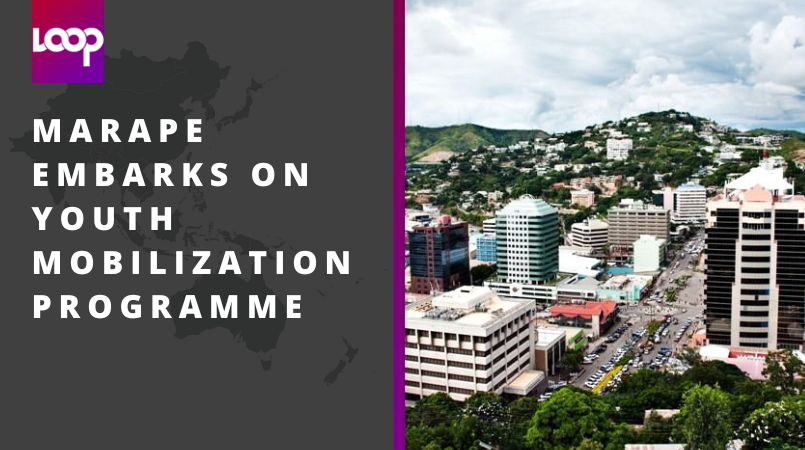
The National Government will roll out a youth mobilization programme aimed at engaging the youth of Papua New Guinea to address uneasiness and formal employment issues in the country.
Prime Minister James Marape said PNG Defence Force and the National Volunteer Service are being engaged in this intervention programme.
They will be advertising this month for young unemployed people out of schools and colleges to link them back into continuing their education, and employment and/or self-employment in agriculture, livestock, forestry, fisheries, tourism and SMEs.
The Prime Minister said this while urging Papua New Guineans flocking into urban centres in search of jobs to return their focus on their own land and start planning small businesses in agriculture, poultry, fisheries and tourism.
“We will be working with provincial governments and districts for this youth mobilisation programmes so I encourage all youth to go back to your respective district or province of origin.
“There aren’t enough jobs in towns. Since 1975, we have not created a sufficient employment generating foundation for the benefit of our people. Our largest employer is the Public Service with a maximum capacity of up to 200,000.
“Even if we open 10 mines, oil and gas fields, the number of jobs they will create is still not enough to absorb our present population of youth and those coming out of schools, which numbers anything between 100,000 and 200,000 a year.
“That is the main reason why I keep repeating our government’s strong stance on developing the renewable sectors of Agriculture, Forestry, Fisheries and Tourism.
“Our biggest available opportunities for productive engagement in business and employment that will successfully engage our people is in the agriculture, in livestock, poultry, forestry, fisheries and tourism.
“These sectors, when harnessed, will create thousands of sustaining jobs and businesses, and grow our economy.”
Giving a demonstration of the kind of revenue Papua New Guineans can make on the land, Marape said one hectare of land is able to yield over K20,000 a year from cash crops, food crops, and livestock cultivation.
“On one hectare of land you can generate over K20,000 a year from coffee, cocoa, vanilla, oil palm, copra, rubber, rice, and vegetables.
“Raising over 5000 chickens a year, you can raise over K20,000 a year. Breeding over 10 cows or pigs a year will earn you over K20,000 a year. Fishing over 100kgs of fish and marine products can earn you over K20,000 a year.
“Creating a good law and order in your community and receiving over 1000 tourists into your guest house can earn you over K20,000 a year,” said the Prime Minister.
“Why am I using the K20,000 figure? Because that’s the higher bracket average for a young Papua New Guinean starting employment in PNG.
“The K20,000 earning ability is much higher than someone who will be paid as a kitchen hand or a cleaner at Stanley Hotel, for instance. Papua New Guineans can earn much more money in the primary resource sector.
“Every one of you out there looking for jobs has a family, tribal land, water or sea space here in this country. You are not poor; you, by your Constitutional right, own and have access to your land, water, and sea in this country. Why do you want to flock to a city that has limited employment opportunities for you?”
